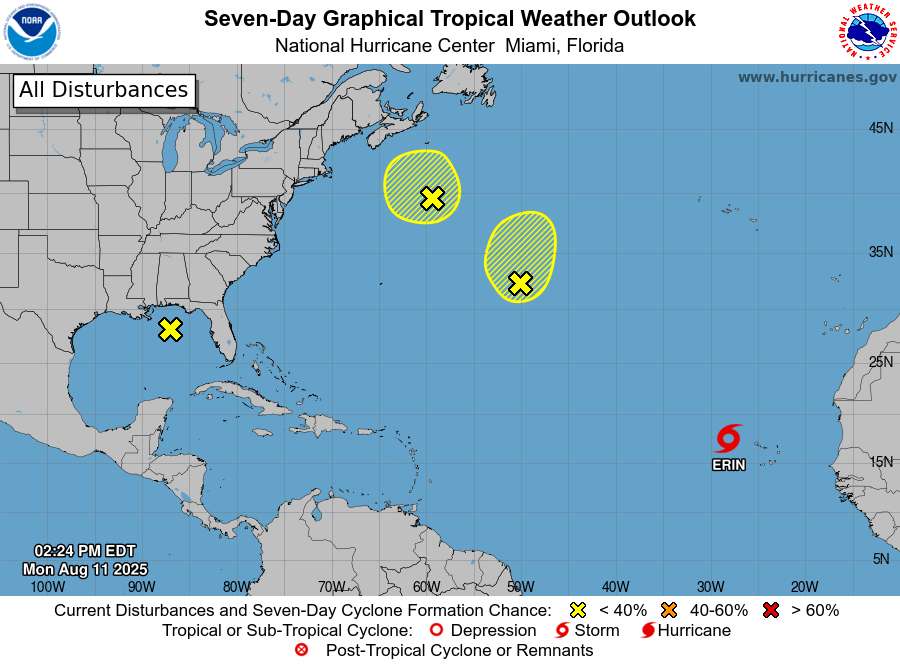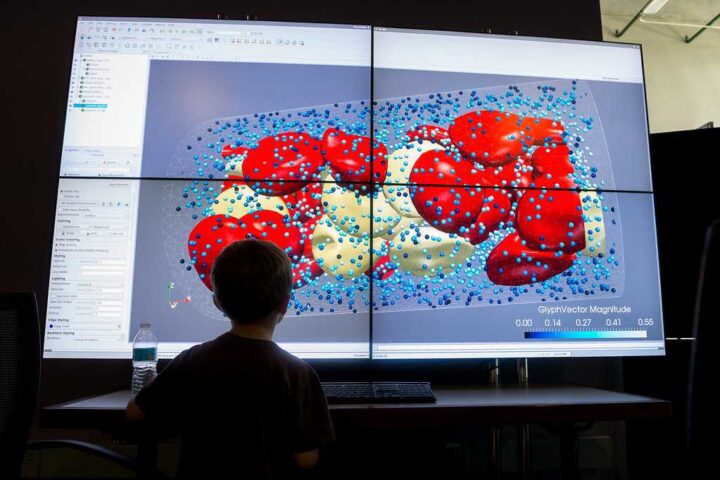A video claiming to show marine trainer Jessica Radcliffe being killed by an orca during a performance has gone viral on social media platforms like TikTok and Facebook. The footage appears to show a violent attack, with some versions claiming the 23-year-old trainer died just ten minutes after being rescued by staff. One variation even suggests the attack was triggered by menstrual blood mixing with the water. But here’s the truth: Jessica Radcliffe doesn’t exist, and the entire incident is fake.
Fact-checking investigations have found no official records of this alleged attack. There are no news reports, marine park statements, obituaries, or workplace incident reports documenting such an event. The name “Jessica Radcliffe” appears in no marine park employment records or public databases.
Digital analysis reveals the viral content was created using a combination of AI-generated elements. The videos feature artificial voiceovers, manipulated visuals, and emotionally charged captions designed to appear authentic and drive shares.
The hoax follows a familiar pattern of misinformation that blends fact with fiction. It borrows elements from actual orca-related tragedies to create a convincing but entirely false narrative.
Similar Posts
In reality, there have been only a few documented fatal incidents involving captive orcas. On December 24, 2009, Spanish trainer Alexis Martínez was killed by an orca named Keto at Loro Parque in Tenerife. On February 24, 2010, SeaWorld trainer Dawn Brancheau died after an encounter with an orca named Tilikum during a show in Orlando. These genuine cases, which received widespread media coverage and were examined in documentaries like “Blackfish,” lend an air of plausibility to the fictional account.
The Jessica Radcliffe hoax illustrates the growing challenge of identifying AI-generated content online. Modern technology makes it increasingly difficult to distinguish between real footage and sophisticated fabrications, especially when they incorporate elements from actual events.
Social media platforms have been criticized for their slow response in removing such misleading content. Studies show false information often spreads faster and more widely than fact-checking posts that attempt to correct it.
Experts recommend several ways to verify viral videos before sharing them:
- Check if reputable news outlets have reported the event
- Look for official statements from organizations involved
- Use reverse image searches to trace the original source
- Watch for signs of manipulation such as blurry details, unnatural lighting, or mismatched audio
While this particular hoax may seem harmless, it has real consequences. False narratives distort public understanding of genuine workplace risks faced by animal trainers, trivialize the memories of actual victims, and erode trust in legitimate reporting.
The Jessica Radcliffe orca incident serves as a reminder that in today’s digital landscape, a critical eye and healthy skepticism are essential when encountering sensational content online.



















